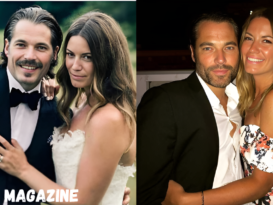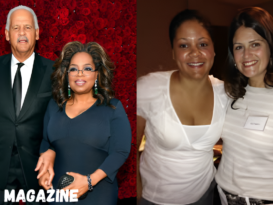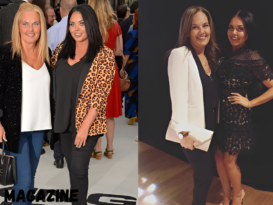People will attempt almost anything to feel better, particularly when the typical solutions fall short. Here comes an explosion of interest in ancient oils, roots, minerals, and extracts. These so-called natural remedies sweep through social media feeds and health food shops with impressive speed. However, science continues to hold its dominant position. Most people don’t throw away their medicine cabinet; they just squeeze a turmeric capsule next to the paracetamol. The big question: Do these two worlds get along? Or is this just another fashionable collision of tradition and technology? This is hardly a simple puzzle with easy answers.
The Allure of Nature Meets Trend
Step inside a CBD flower shop anywhere in Britain, and the story almost writes itself: glass jars neatly packed with dried green buds, carefully labelled oils promising calm or focus, and trend-driven packaging designed for Instagram as much as wellness. It’s not only about cannabis derivatives. Think turmeric shots sitting beside cold-and-flu tablets at the corner chemist or magnesium sprays tucked into fitness bags at every gym. The theory always suggests nature holds forgotten secrets, while modern life demands solutions that slot easily into hectic routines. That tension produces both excitement and confusion for consumers who are keen but wary (and sometimes just overwhelmed by choice).
Synergy or Sabotage?
It looks helpful: herbal teas after lunch, prescription statins after dinner, maybe both together if time is tight. But interactions between herbal supplements and pharmaceuticals are neither rare nor trivial. St John’s wort can reduce the effectiveness of some antidepressants, and grapefruit interferes with statins or blood pressure pills. Plenty of patients think the term “natural” means “safe”. This assertion is not even close to true in every case. GPs frequently encounter well-meaning individuals who double up on remedies, mistakenly believing that more will yield better results, when in fact it often leads to complications instead. A headache isn’t solved by guessing from a cupboard full of mixed bottles.
Science Doesn’t Stand Still
Yesterday’s nonsense often becomes tomorrow’s mainstay once clinical research catches up with public curiosity (look how fish oil made its way from old wives’ tale to pharmacy staple). Plenty scoffed at acupuncture until trials showed measurable benefits for pain relief in some patients. Now it’s mainstream in dozens of NHS clinics. So dismissing every tincture or tea outright misses what evidence may reveal down the line. Still, progress moves slowly compared to marketing trends spinning around alternative health; today’s must-have supplement might end up on tomorrow’s warning list if careful study uncovers hidden risks.
Finding Balance Is Possible
Nothing says people must become purists, insisting either on chemical-free cures or laboratory medicines alone. The world doesn’t work in absolutes anyway. Some find relief using ginger tea during chemotherapy nausea when prescribed drugs aren’t quite enough; others benefit from mindfulness practices alongside cognitive therapy without viewing one as competition to the other. Informed choices matter most here: cross-check ingredients before mixing everything into a daily routine, and ask real experts rather than relying on trending reels or celebrity recommendations pretending expertise they simply do not have.
Conclusion
Approaching personal health like assembling a toolkit is the most effective approach. One tool fixes nothing alone, but many together can build lasting wellbeing if chosen wisely (and updated as new knowledge arrives). Blind faith isn’t useful, whether directed at herbs grown by monks centuries ago or pills pressed last week by machines humming through sterile factories. The smarter option is to stay curious yet sceptical and always be ready to adjust course when evidence points somewhere new rather than clinging stubbornly to habits dressed up as tradition or progress.


















Show Comments (0)